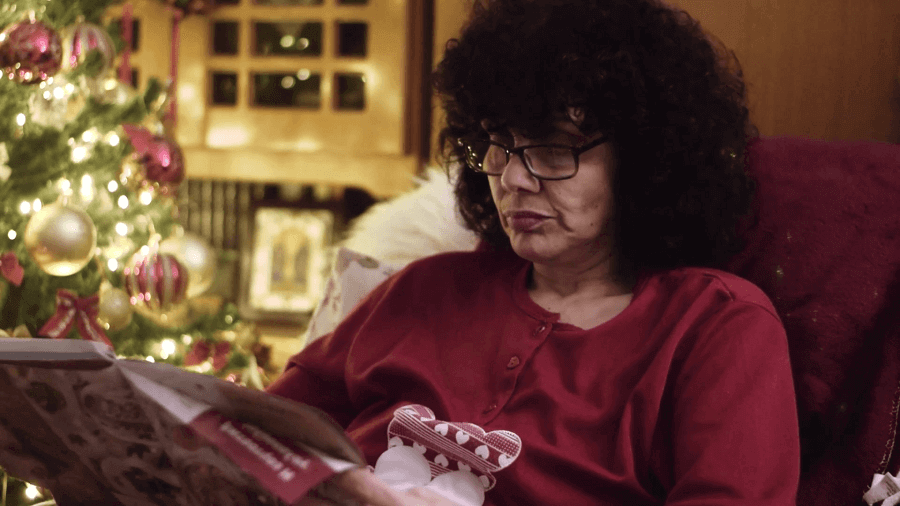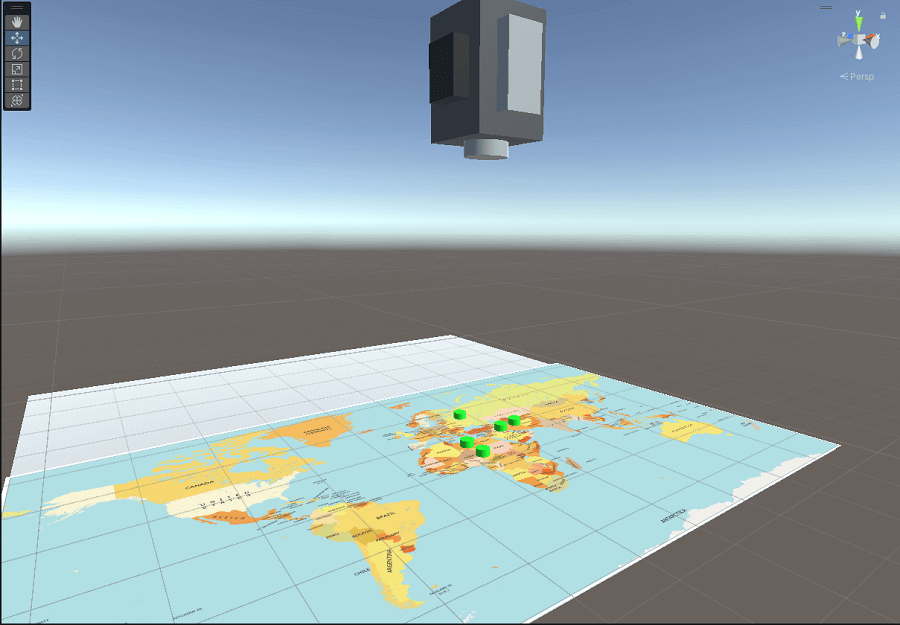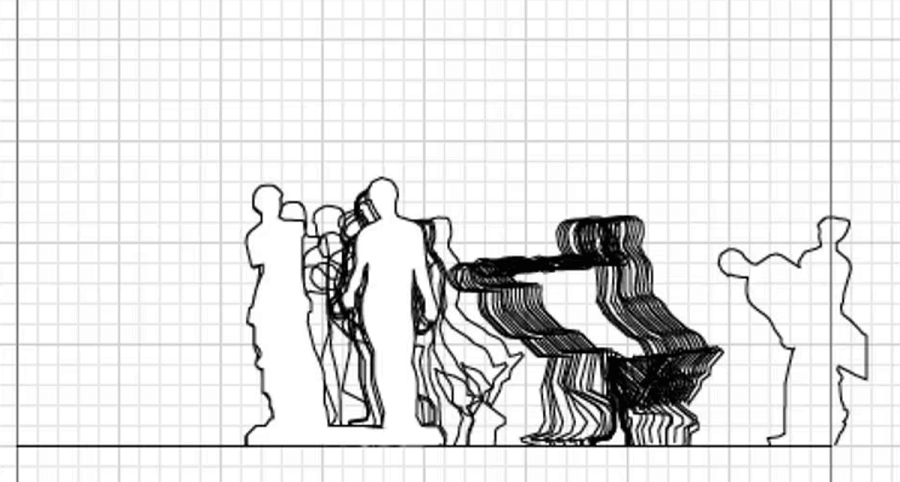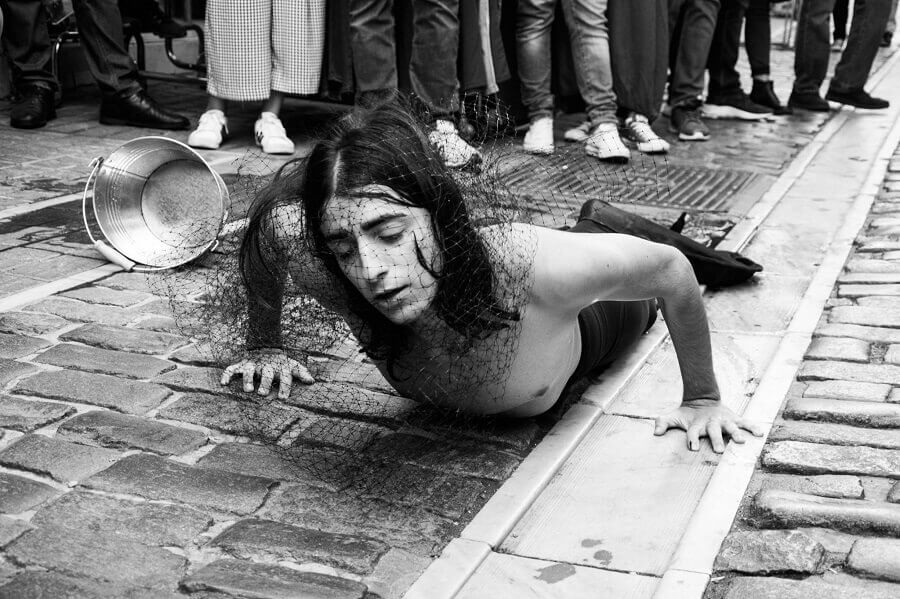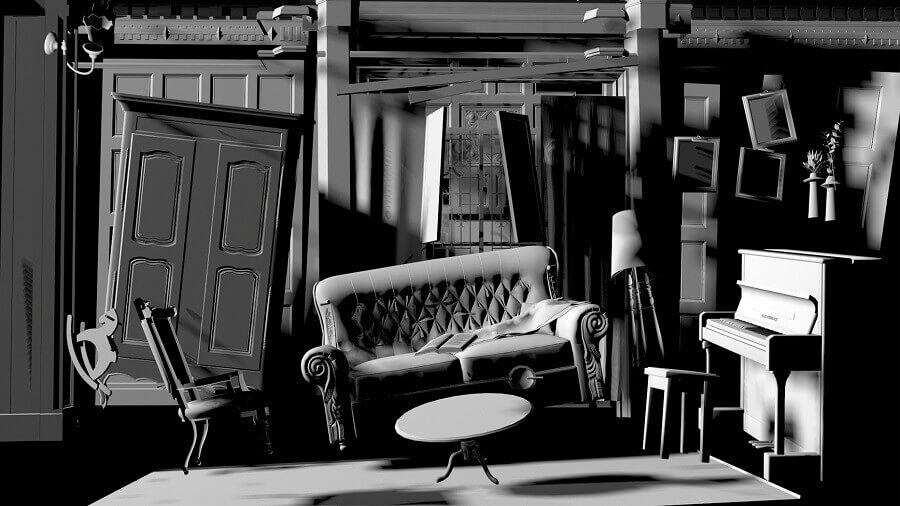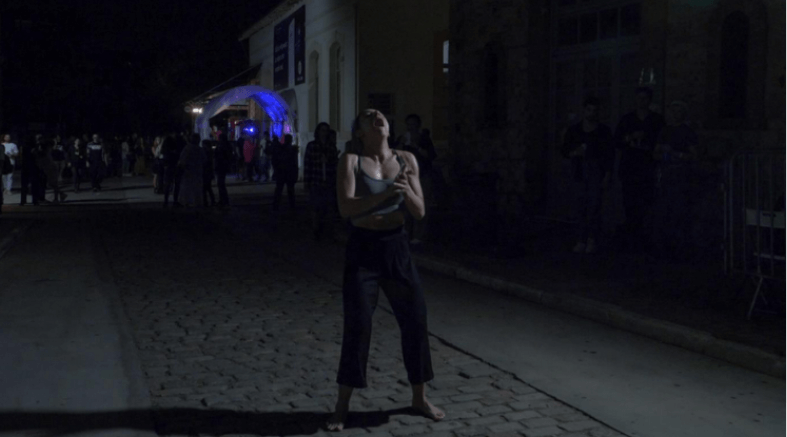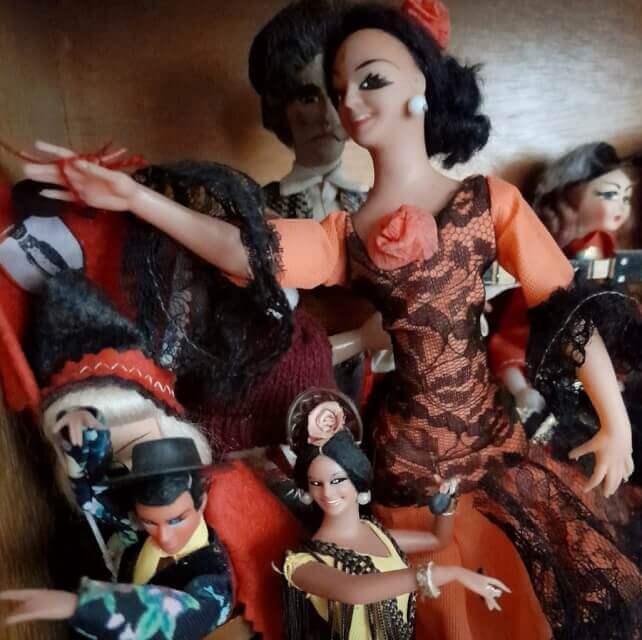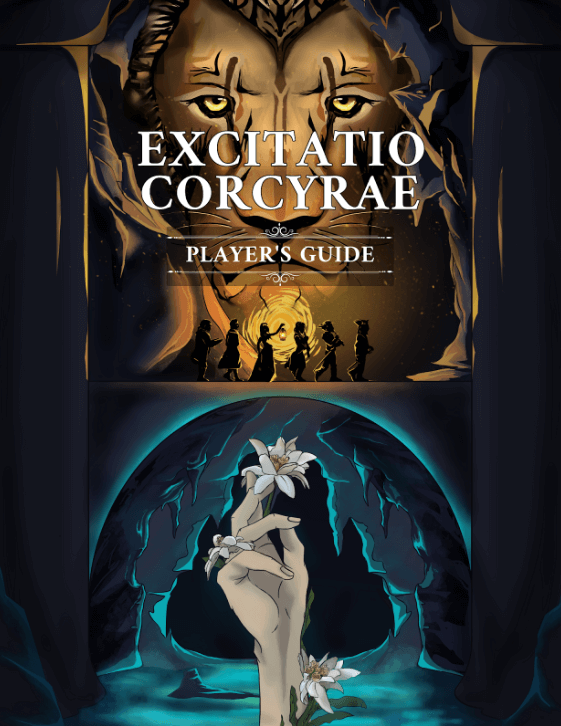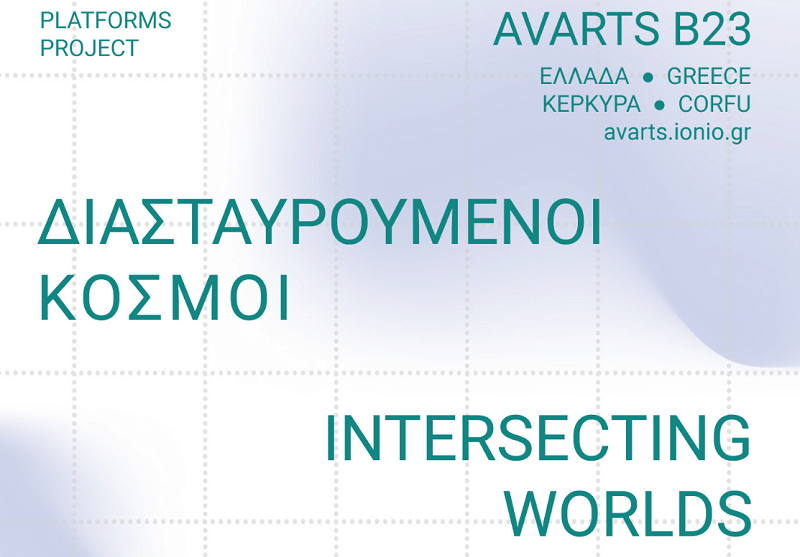Me, herself & ai
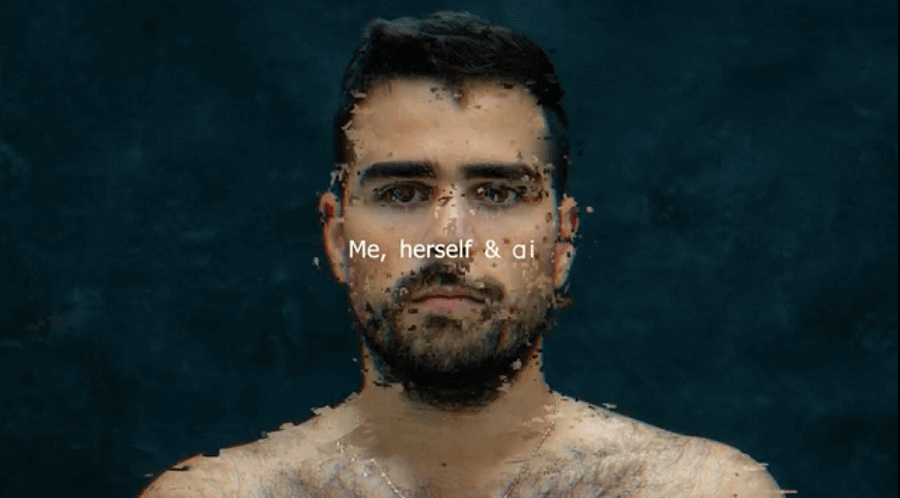
Mirror project that interacts with "Me myself & ai" by Sofi Moutafi. The creation of this work results from the collaboration of man and machine, which places it at the intersection of these two great sets. In this way we ask the question: what is real and what is not? What is considered art and what is fake? IS there really a limit at the intersection of the two sets or is this also another part of the journey?
Related Works
A day in my mother's life. The documentary shows her daily routine, something that I personally find very interesting as I believe that the true self of a person lies in the "insignificant".
It is an Interactive Installation that deals with the issues of immigration, wars and surveillance of citizens on a global scale.
This is a Iove story between a female statue and a man. It is about the pious desires of people ας they apply them to the interpersonal relationships they develop.
The cinematic portrait of a visual artist, Demetris Papazachos, a senior student of the Fine Arts School in Thessaloniki, is about featuring an artist without just showing his artwork but emphasizing at his personality and his artistic thinking instead. Through his internal journey, gay culture elements are projected while an interesting question is raised: Who is "A Visual Artist" at last?
Where do memories go when they are lost? Are they still where we left them, if we don’t recall them? In this room, as private and irrevocable as our memory, objects animate a series of scenarios. A memory floods the room, another struggles to disclose itself, another one leaks back and forth in time. The idea of the ‘other’ hovers between what has already passed and what is reminisced every time. We never recollect events and spaces as such. We always enliven recollections in our own way. Through constant evocations that seek to perpetuate the existence of the ‘room’, memories converse with space and time, as well as with a part of ourselves. Either as past, forgetfulness or loss, they always contain something that is already gone.
The compositional method is based on the incorporation of sound material of cultural background into an electroacoustic piece. By drawing a linear narration, my aim was to demonstrate a unity, an imaginary community, which characterizes the Romani culture, despite the hybridic, complicated and diverse traditions deriving from the various European and Asian countries its people live in. A central question behind the making of this piece is what kind of role can a civilization have today, when the concept of space is eliminated by time- a key element in the dynamics of capitalism. What are the cultural consequences of the so-called annihilation of time and space, as materialized and tangible dimensions of social life? Are historical tradition and the search for roots promoted and reorganized as simulacra, imitations or/and museum culture, thourgh the demonstration of a partly deceptive past?
Α creative dynamic dialogue with artificial intelligence (ai). The cursor is about to press "generate". Analyzing.
Creation of a group installation entitled Intersecting Worlds. The installation raises questions about the diversity and dynamics of the digital world, the limits and possibilities of technology and how it interacts and transforms contemporary life, creating new stimuli and a new way of looking at everyday life.


